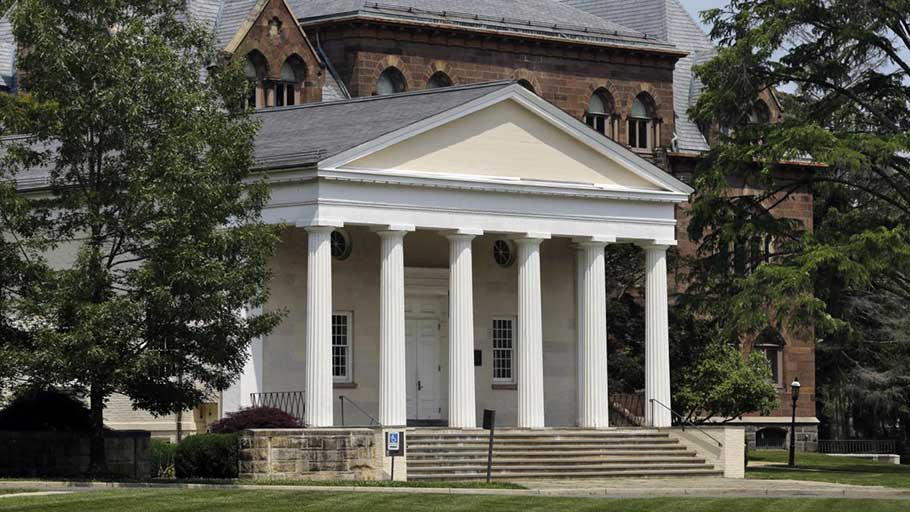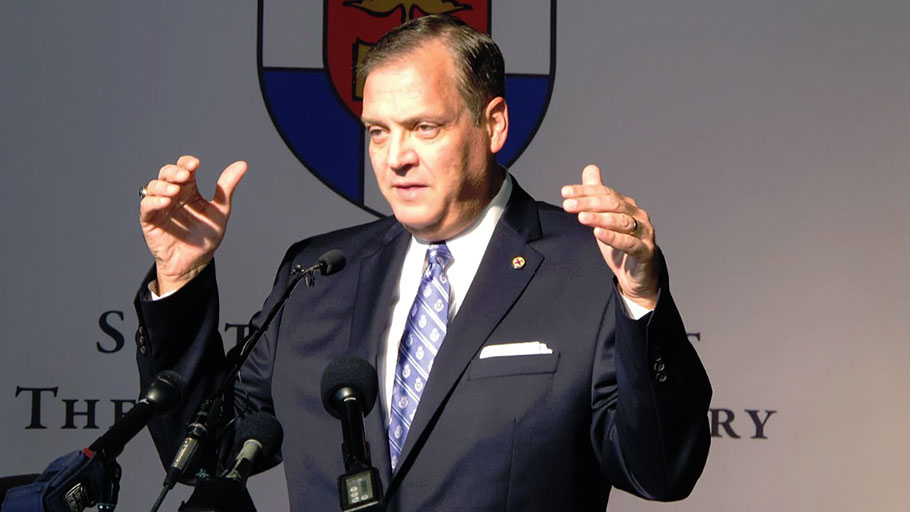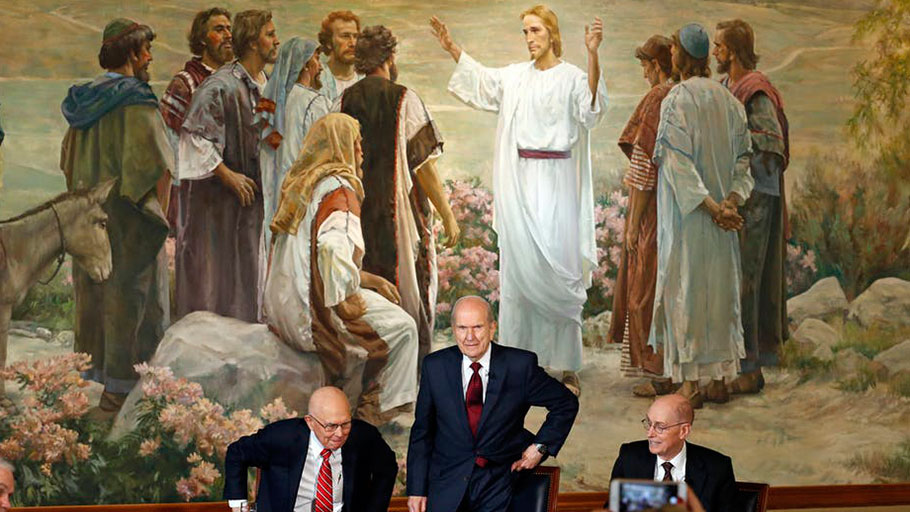
By Wyatt Massey, Frederick News Post — The Rev. Dr. Ernest Campbell said no, James Forman could not speak at his church service the next day. Campbell was the senior pastor at Riverside Church, a predominantly white church on the west side of Manhattan. Forman, a black civil rights leader, wanted to read something to the congregation at the next day’s service on May 4, 1969, according to a history…

















